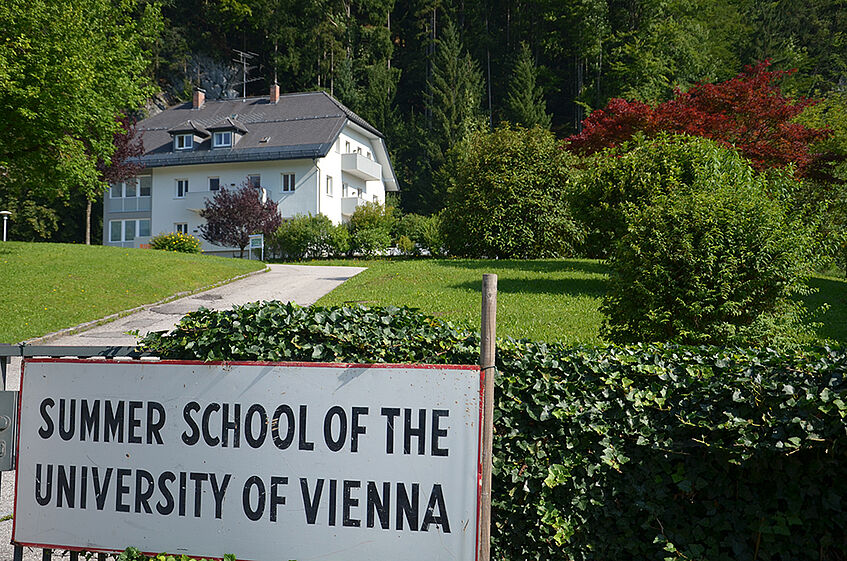The Faculty of Engineering stands as a cornerstone of technological advancement and innovation in the modern world. As the driving force behind groundbreaking discoveries, sustainable solutions, and cutting-edge technologies, this faculty plays a pivotal role in addressing global challenges and improving the quality of life for people everywhere. From civil infrastructure to artificial intelligence, the Faculty of Engineering equips students with the knowledge, skills, and creativity to transform ideas into reality.
The Role of Engineering in Today’s World
Engineering is the backbone of modern society. It encompasses a wide range of disciplines that contribute to the development of infrastructure, technology, and systems essential for everyday life. Engineers are problem-solvers who design, build, and maintain everything from bridges and buildings to software and spacecraft. In a world facing challenges such as climate change, resource scarcity, and rapid urbanization, the role of engineers has never been more critical.
Mission and Vision of the Faculty of Engineering
The Faculty of Engineering is committed to excellence in education, research, and innovation. Its mission is to:
- Educate Future Leaders: Provide students with a strong foundation in engineering principles and hands-on experience to prepare them for successful careers.
- Advance Knowledge: Conduct cutting-edge research that addresses global challenges and pushes the boundaries of technology.
- Foster Innovation: Encourage creativity and entrepreneurship to develop solutions that benefit society.
- Promote Sustainability: Emphasize sustainable practices and technologies to protect the environment and ensure a better future.
Key Disciplines and Programs
The Faculty of Engineering offers a diverse range of disciplines and programs to cater to the interests and career aspirations of students. Some of the key disciplines include:
1. Civil Engineering
Civil engineers design and construct infrastructure such as roads, bridges, buildings, and water supply systems. This program focuses on structural analysis, geotechnical engineering, and sustainable construction practices.
2. Mechanical Engineering
Mechanical engineers work on the design, analysis, and manufacturing of mechanical systems. This program covers areas such as thermodynamics, robotics, and automotive engineering.
3. Electrical and Electronics Engineering
This discipline focuses on the study of electrical systems, electronics, and telecommunications. Students learn about power generation, circuit design, and embedded systems.
4. Computer Engineering
Computer engineers develop hardware and software solutions for computing systems. This program includes topics such as artificial intelligence, cybersecurity, and data science.
5. Chemical Engineering
Chemical engineers work on the production and processing of chemicals, fuels, and materials. This program emphasizes process design, environmental engineering, and biotechnology.
6. Aerospace Engineering
Aerospace engineers design and develop aircraft, spacecraft, and related systems. This program covers aerodynamics, propulsion, and space exploration technologies.
7. Environmental Engineering
Environmental engineers focus on solving environmental challenges such as pollution control, waste management, and renewable energy. This program emphasizes sustainable practices and technologies.
Research and Innovation
The Faculty of Engineering is at the forefront of research and innovation. Its research centers and laboratories focus on areas such as:
- Renewable Energy: Developing solar, wind, and hydroelectric power systems to reduce reliance on fossil fuels.
- Artificial Intelligence: Advancing machine learning, robotics, and automation technologies.
- Smart Cities: Designing urban infrastructure that integrates technology for efficient resource management.
- Biomedical Engineering: Creating medical devices and technologies to improve healthcare outcomes.
- Nanotechnology: Exploring the potential of nanomaterials for applications in electronics, medicine, and energy.
State-of-the-Art Facilities
The Faculty of Engineering boasts state-of-the-art facilities that provide students with hands-on learning experiences. These include:
- Engineering Labs: Equipped with advanced tools and equipment for experiments and prototyping.
- Research Centers: Dedicated spaces for interdisciplinary research and collaboration.
- Innovation Hubs: Spaces where students can work on entrepreneurial projects and startups.
- Simulation Software: Access to industry-standard software for design and analysis.
Collaborations and Industry Partnerships
The Faculty of Engineering collaborates with leading industries, government agencies, and academic institutions to ensure that its programs remain relevant and impactful. These partnerships provide students with opportunities for internships, co-op programs, and real-world projects. Some notable collaborations include:
- Tech Giants: Working with companies like Google, Microsoft, and Tesla on research and development projects.
- Government Agencies: Partnering with organizations such as NASA, the Department of Energy, and the Environmental Protection Agency.
- Academic Institutions: Collaborating with top universities worldwide on joint research initiatives.
Career Opportunities for Engineering Graduates
Graduates of the Faculty of Engineering are highly sought after in various industries, including:
- Construction and Infrastructure: Roles in project management, structural design, and urban planning.
- Technology and Software Development: Careers in software engineering, data analysis, and cybersecurity.
- Energy and Environment: Opportunities in renewable energy, environmental consulting, and sustainability.
- Manufacturing and Automotive: Positions in product design, quality control, and supply chain management.
- Aerospace and Defense: Careers in aircraft design, space exploration, and defense systems.
The Future of Engineering
As the world continues to evolve, the Faculty of Engineering is committed to staying ahead of the curve by:
- Embracing emerging technologies such as quantum computing, 3D printing, and the Internet of Things (IoT).
- Addressing global challenges such as climate change, urbanization, and healthcare.
- Promoting diversity and inclusion to ensure that the engineering profession reflects the communities it serves.
Conclusion
The Faculty of Engineering is more than just an academic institution; it is a hub of innovation, creativity, and impact. By equipping students with the skills and knowledge to tackle the challenges of the future, the faculty is shaping the next generation of engineers who will drive progress and improve lives around the world. Whether you’re passionate about building sustainable cities, developing cutting-edge technologies, or exploring the frontiers of space, the Faculty of Engineering offers the perfect platform to turn your dreams into reality.




